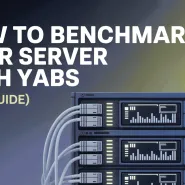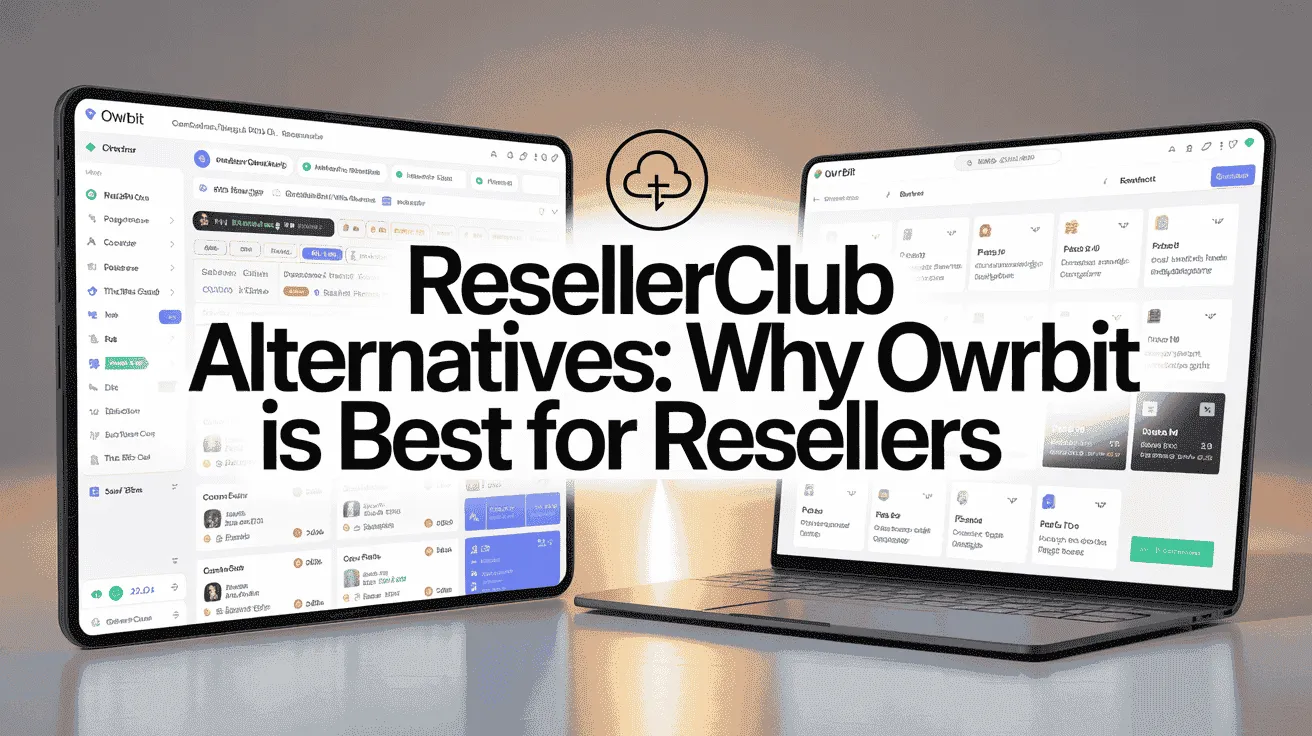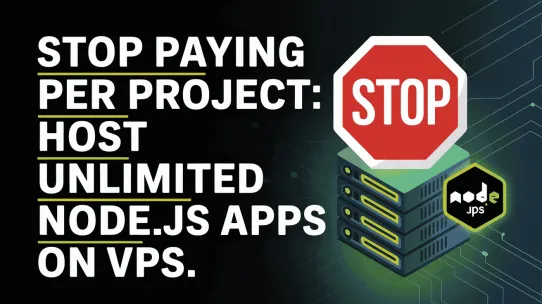Choosing the right framework can make a big difference to your project’s success. As we enter 2025, many developers and businesses are asking the same question: PHP vs Laravel – which one is better for web applications? Or more directly, Best PHP Framework? PHP or Laravel?
PHP has been a popular choice for many years. It’s simple, widely used, and great for basic to medium-level web development. But Laravel, a modern framework built on PHP, is becoming more popular because it offers a clean and powerful way to build web apps. That’s why the PHP vs Laravel debate is so important in 2025.
In this guide by Owrbit, we’ll take a closer look at both PHP and Laravel to help you decide. Best PHP Framework? PHP or Laravel? We’ll explore the pros and cons of each so you can make the right choice for your next project.
PHP is easy to use, runs on most servers, and has a large community of developers. Many people still choose it for its simplicity. But Laravel goes a step further. It gives you great features like expressive code, built-in tools, and a rich ecosystem that can speed up your development process. This is why more developers are leaning toward Laravel when comparing PHP vs Laravel.
We’ll also look at important factors like performance, scalability, user-friendliness, and support from the developer community. Understanding these things will help you decide: Best PHP Framework? PHP or Laravel?
Whether you’re an experienced developer or just starting out, knowing the difference between PHP vs Laravel is key. The choice you make now could shape the future of your web project.
So join us in exploring PHP vs Laravel, and discover why choosing the Best PHP Framework? PHP or Laravel? really matters in 2025.
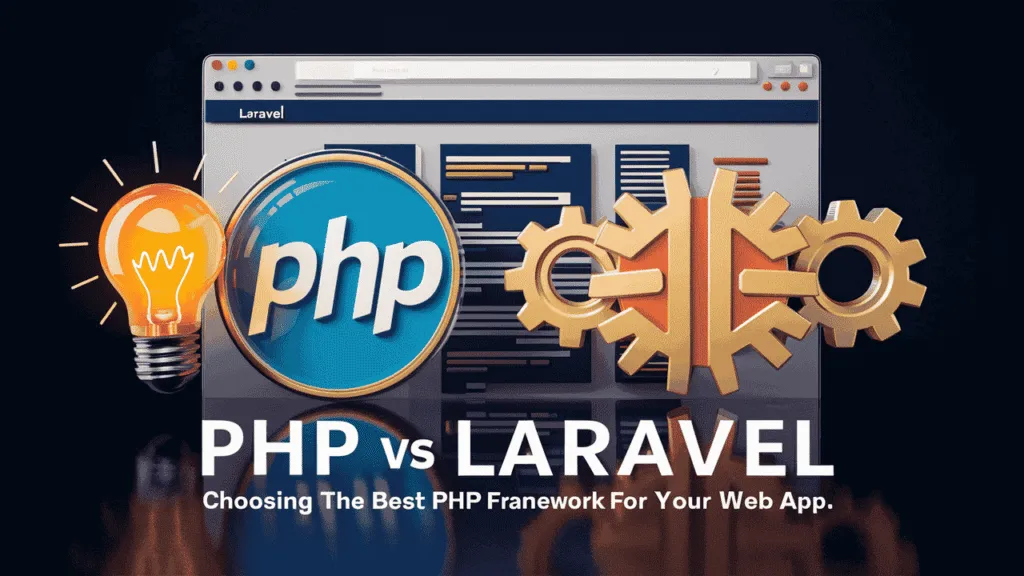
Introduction to PHP and Laravel :
When it comes to web development, PHP and Laravel are two names that often come up — but what exactly are they, and how do they differ?

Overview of PHP as a Programming Language :
PHP (Hypertext Preprocessor) is a popular open-source scripting language designed specifically for web development. It runs on the server side and is used to create dynamic and interactive websites. PHP is known for its simplicity, flexibility, and wide compatibility with various platforms and servers.
Since its creation in the mid-1990s, PHP has powered millions of websites and web applications. It is especially well-suited for working with databases, managing form data, and handling sessions. PHP is often embedded directly into HTML, making it easy to integrate with front-end technologies.
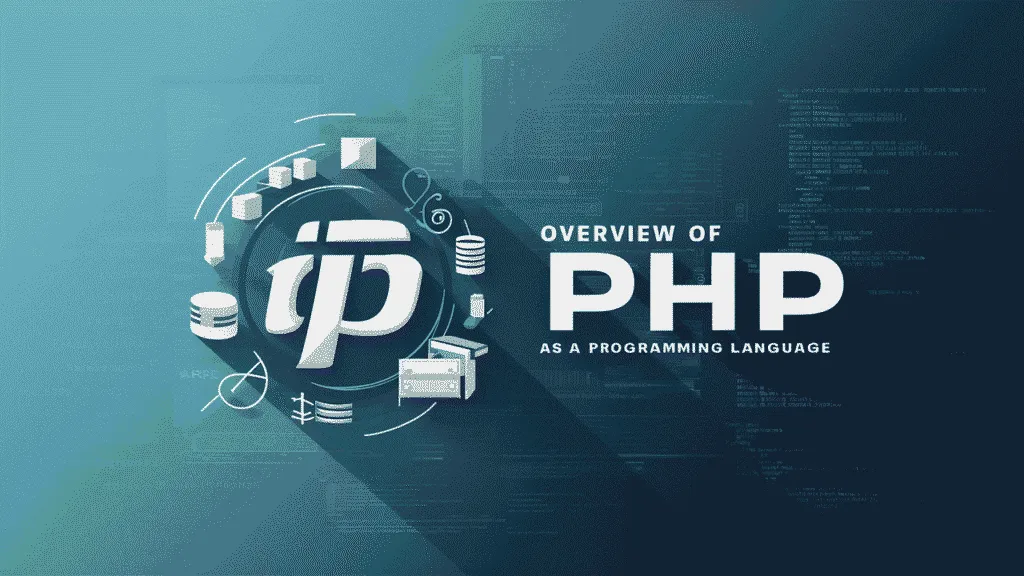
One of PHP’s biggest strengths is its massive community and vast collection of libraries and frameworks. It’s lightweight, fast to execute, and supported by almost every hosting provider, which makes it a go-to language for both beginners and experienced developers.
Despite the rise of newer technologies, PHP remains widely used and continues to evolve with each version, offering better performance and security.
Key Features of PHP :
PHP is a widely-used server-side scripting language designed for web development. Here are some of its key features that make it popular among developers:
- Open Source and Free
- PHP is completely free to use, making it accessible to anyone, from beginners to large organizations.
- Easy to Learn and Use
- PHP has a simple syntax that’s similar to C and HTML, making it easy to learn and write, even for new developers.
- Cross-Platform Compatibility
- PHP runs on almost all major operating systems, including Windows, Linux, and macOS. It also supports most web servers like Apache and Nginx.
- Server-Side Execution
- PHP code is executed on the server, and the result is sent to the browser. This allows for dynamic web content and secure handling of sensitive data.
- Database Integration
- PHP supports many databases like MySQL, PostgreSQL, SQLite, and more. This makes it a great choice for data-driven web applications.
- Fast Performance
- PHP scripts execute quickly and efficiently, especially with newer versions and optimized code.
- Large Community and Support
- PHP has a vast community of developers, which means extensive documentation, forums, tutorials, and third-party tools are readily available.
- Flexibility and Scalability
- From small websites to large-scale applications, PHP can handle a wide range of projects with ease.
- Support for Object-Oriented Programming (OOP)
- Modern PHP supports OOP principles like classes, inheritance, and interfaces, making it easier to write clean and reusable code.
- Wide Hosting Support
- Most web hosting providers offer full PHP support, making deployment simple and affordable.
Overview of Laravel as a PHP Framework :
Laravel is a powerful and modern PHP framework designed to make web development easier and more efficient. Built on top of PHP, Laravel provides a clean, expressive syntax that helps developers write organized and maintainable code.
One of Laravel’s biggest advantages is that it includes many built-in tools and features, such as routing, authentication, caching, session management, and database migrations. This means developers don’t have to build everything from scratch, saving time and reducing errors.
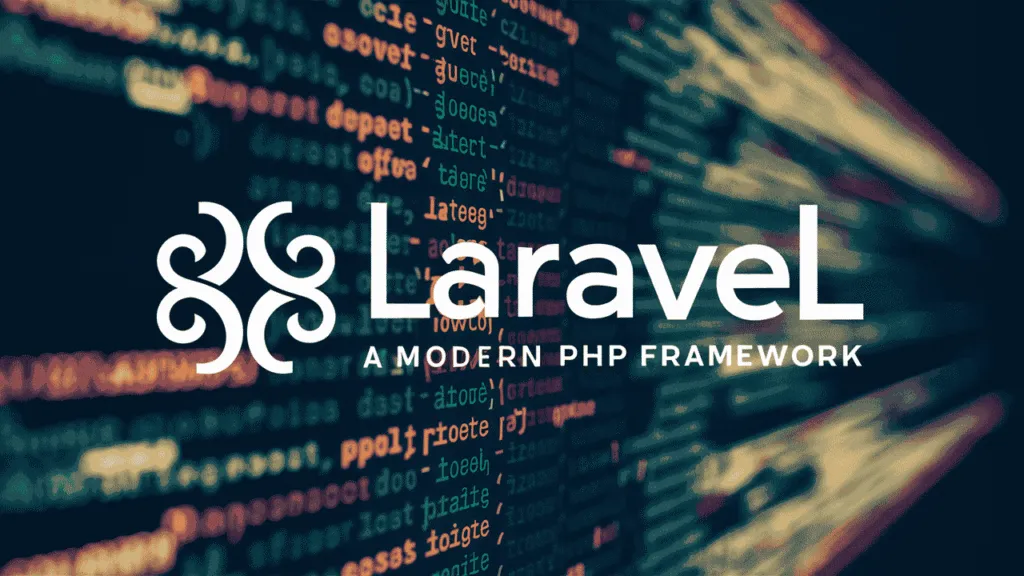
Laravel follows the MVC (Model-View-Controller) architecture, which helps keep code well-structured. It also includes tools like Eloquent ORM for database interaction, Blade templating engine for views, and Artisan command-line tool for automation tasks.
Thanks to its strong focus on developer experience and its active community, Laravel has become one of the most popular PHP frameworks today. It is widely used for building everything from small websites to large-scale enterprise applications.
Key Features of Laravel :
Laravel is a powerful and modern PHP framework designed to make web development easier, faster, and more structured. Here are the key features that make Laravel a favorite among developers:
- Elegant Syntax
- Laravel is known for its clean and readable code structure, which helps developers write expressive and efficient code with less effort.
- MVC Architecture
- Laravel follows the Model-View-Controller (MVC) pattern, which separates business logic, presentation, and data handling, making code more organized and maintainable.
- Routing System
- Laravel offers a simple yet powerful routing system that allows developers to define clean and user-friendly URLs for their web applications.
- Blade Templating Engine
- Blade is Laravel’s lightweight templating engine. It lets developers create dynamic views with easy-to-use syntax, while keeping HTML and PHP code clean and separated.
- Eloquent ORM
- Laravel’s Eloquent ORM (Object-Relational Mapping) makes working with databases simple and elegant, using models to interact with database tables.
- Artisan Command-Line Tool
- Artisan is Laravel’s built-in CLI tool that automates repetitive tasks like migrations, database seeding, and more. It helps speed up development and improves workflow.
- Built-in Authentication and Authorization
- Laravel comes with built-in tools for handling user login, registration, password reset, and role-based permissions, making user management simple and secure.
- Security Features
- Laravel includes features like CSRF protection, input validation, and encryption, helping developers build secure applications without extra effort.
- Database Migrations and Seeders
- Laravel allows developers to manage database schema easily through migrations and populate test data with seeders, keeping database changes consistent across environments.
- Strong Community and Ecosystem
- Laravel has a large, active community and a growing ecosystem, including Laravel Forge, Laravel Vapor, and packages like Laravel Jetstream and Laravel Breeze.
Why Choose a PHP Framework?
When building a web application, developers often face a key decision—whether to use raw PHP or a structured PHP framework. While PHP alone can handle many tasks, using a framework offers several advantages that can speed up development, improve security, and make your code more organized. This is especially true for large or complex projects. Let’s explore why choosing a PHP framework makes a big difference and what challenges developers face when working with raw PHP.
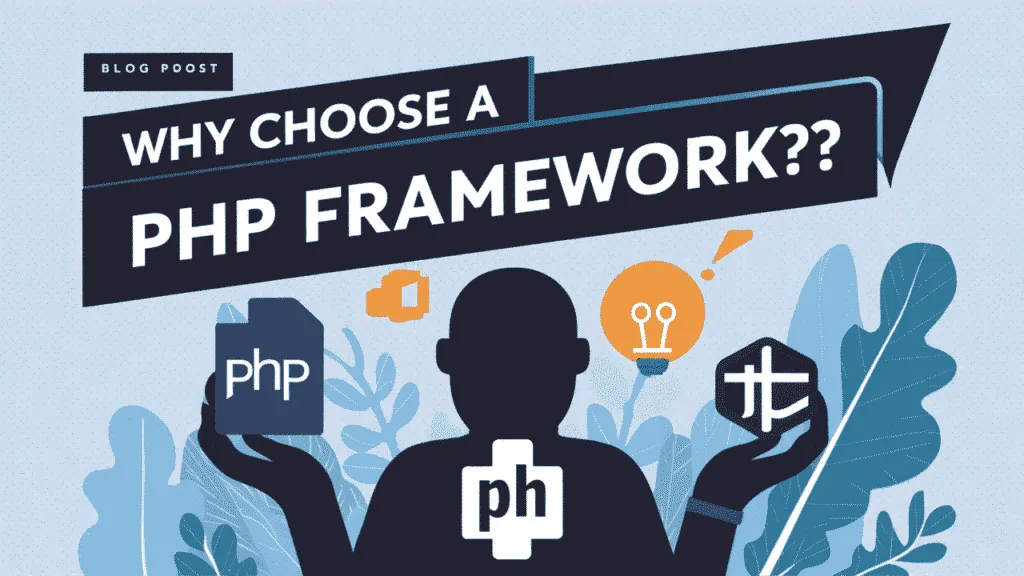
Benefits of Using a Framework for Web Development :
Using a framework for web development, especially a PHP framework like Laravel, comes with many advantages that can make your development process faster, easier, and more secure.

- Faster Development
- Frameworks provide ready-to-use tools, libraries, and functions. This means you don’t have to build everything from scratch, which saves a lot of development time.
- Better Code Organization
- Most frameworks follow the MVC (Model-View-Controller) architecture. This helps keep your code clean, structured, and easier to manage as your project grows.
- Built-in Security Features
- Frameworks often include built-in protections against common web threats like SQL injection, cross-site scripting (XSS), and CSRF attacks. This reduces the chance of vulnerabilities in your application.
- Easier Maintenance and Updates
- Well-structured code is easier to maintain, debug, and update. Frameworks also release regular updates that improve performance and security.
- Reusable Code
- With a framework, you can reuse components across different parts of your project or even in other projects, which helps save time and ensure consistency.
- Stronger Community Support
- Popular frameworks like Laravel have large communities. This means you can find tutorials, documentation, and help quickly whenever you face issues.
- Scalability
- Frameworks are designed to support both small projects and large applications. As your project grows, a framework can handle increased complexity more easily.
In short, using a PHP framework makes web development more efficient, secure, and manageable—whether you’re building a small website or a complex web application.
Common Challenges in Developing with Raw PHP
While PHP is easy to learn and widely used, developing complex web applications with raw PHP (without a framework) can lead to several challenges:

- Lack of Structure
- Raw PHP does not follow a specific structure by default. As your project grows, it becomes harder to manage the code, especially when different parts are mixed together without clear separation.
- Repetitive Code
- Without a framework, you often end up writing the same code multiple times for things like database connections, form handling, or session management. This slows down development and increases the risk of mistakes.
- Difficult Maintenance
- In raw PHP, projects can quickly become disorganized. This makes debugging and updating code more time-consuming and error-prone, especially in larger applications.
- Security Risks
- Raw PHP does not offer built-in security features. Developers must manually handle things like data validation, sanitization, and protection against SQL injection or CSRF attacks. This leaves more room for vulnerabilities.
- Poor Scalability
- As applications become more complex, managing them in plain PHP becomes challenging. Without the tools and structure provided by frameworks, scaling up a raw PHP project can be very difficult.
- Lack of Modern Features
- Raw PHP lacks many modern features developers expect, such as routing systems, templating engines, or built-in testing tools. Adding these manually takes time and effort.
In summary, while raw PHP works well for small, simple projects, it can become difficult to maintain and scale as complexity grows. That’s why many developers turn to frameworks like Laravel for a more organized and efficient development process.
Comparing PHP vs Laravel in Different Scenarios :
When choosing the right tool for your web project, the question often comes down to this: PHP vs Laravel – which one fits best? To help you decide, here’s a breakdown of their differences in real-world situations. If you’re wondering, Best PHP Framework? PHP or Laravel, this comparison will guide you.
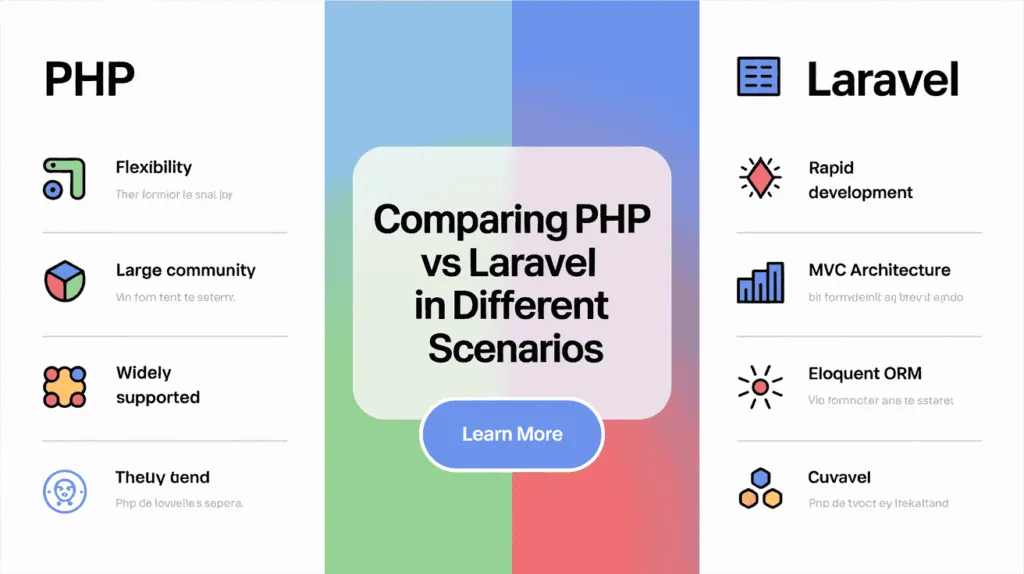
1. Performance Comparison: PHP vs Laravel
When it comes to raw speed and execution time, performance is a key factor in the PHP vs Laravel discussion.
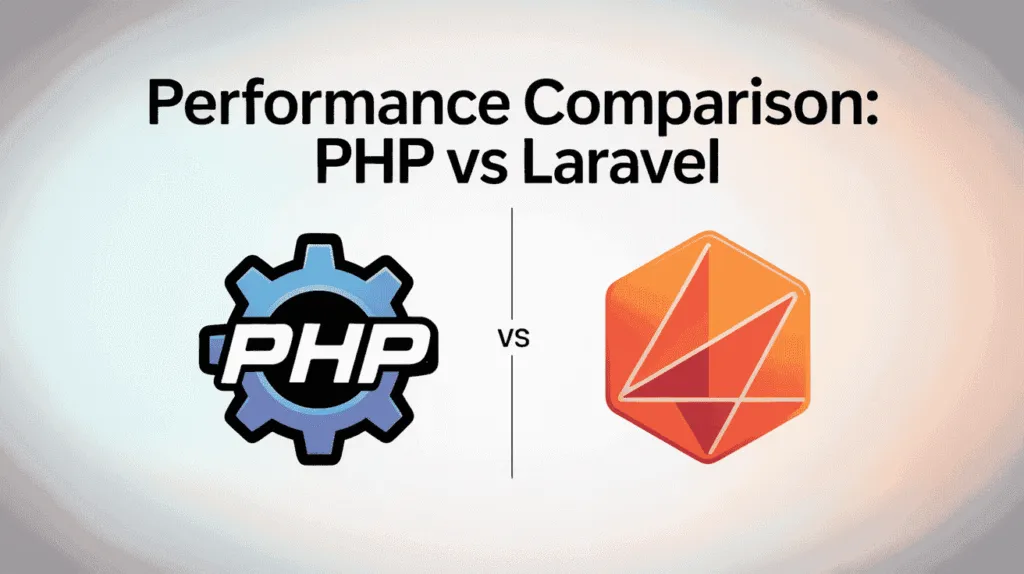
Raw PHP is lightweight and fast because it doesn’t have any added structure or dependencies. It directly executes code without loading extra libraries or components. For small websites, simple scripts, or minimal backend processes, raw PHP performs extremely well. If performance is your top concern for a basic project, raw PHP is often the better option.
Laravel, on the other hand, comes with many built-in features and tools that make development easier—but these add a bit of overhead. As a result, Laravel may be slightly slower than raw PHP in basic scenarios. However, Laravel includes powerful performance optimization options like route caching, database query optimization, and support for caching systems like Redis and Memcached.
In larger or complex applications, Laravel’s performance holds up well, especially when optimized properly. So in terms of scalability with performance, Laravel can still be a strong contender.
If you’re asking Best PHP Framework? PHP or Laravel, the answer depends on your project type:
- For simple and lightweight apps, raw PHP may offer better raw performance.
- For modern, scalable applications, Laravel provides a balanced approach between speed and advanced features.
In conclusion, the PHP vs Laravel performance comparison shows that while PHP is faster in its raw form, Laravel offers more structure and long-term benefits—without sacrificing too much speed when used correctly.
2. Development Speed and Productivity:
In the modern development world, speed and productivity play a big role when choosing a framework. So when considering PHP vs Laravel, which one helps you build faster?
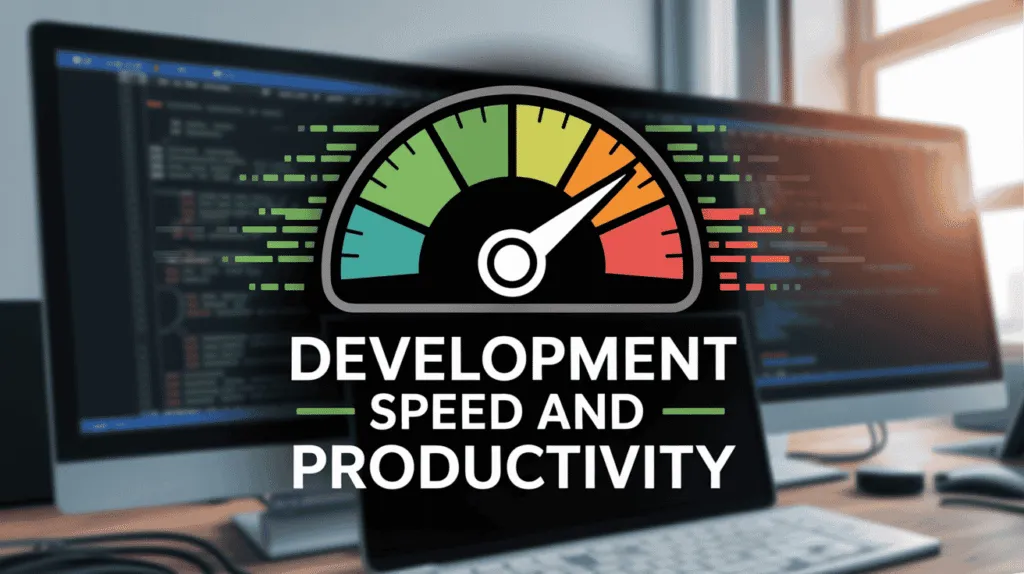
Raw PHP gives you full control, but that also means you need to create everything from scratch—routing, form validation, authentication, database handling, and more. This can slow down development, especially for larger or more complex applications. There’s no built-in structure or tools to guide your workflow, so managing and maintaining the codebase becomes more time-consuming as the project grows.
Laravel, however, is built to speed up development. It comes with a wide range of ready-to-use features like the Artisan CLI for automation, Eloquent ORM for easy database management, built-in authentication, and Blade for templating. Laravel follows the MVC (Model-View-Controller) pattern, which keeps code organized and easier to work with—especially in teams.
Laravel also has excellent documentation, strong community support, and a rich ecosystem of packages that help developers move faster with fewer errors.
So in terms of development speed and productivity, the PHP vs Laravel comparison clearly favors Laravel.
If you’re wondering, Best PHP Framework? PHP or Laravel, and your goal is to build modern applications quickly and efficiently, Laravel is the better choice.
3. Security Aspects: PHP vs Laravel
Security is a critical part of web development, especially when dealing with user data, payments, or login systems. In the context of PHP vs Laravel, security can be a deciding factor.
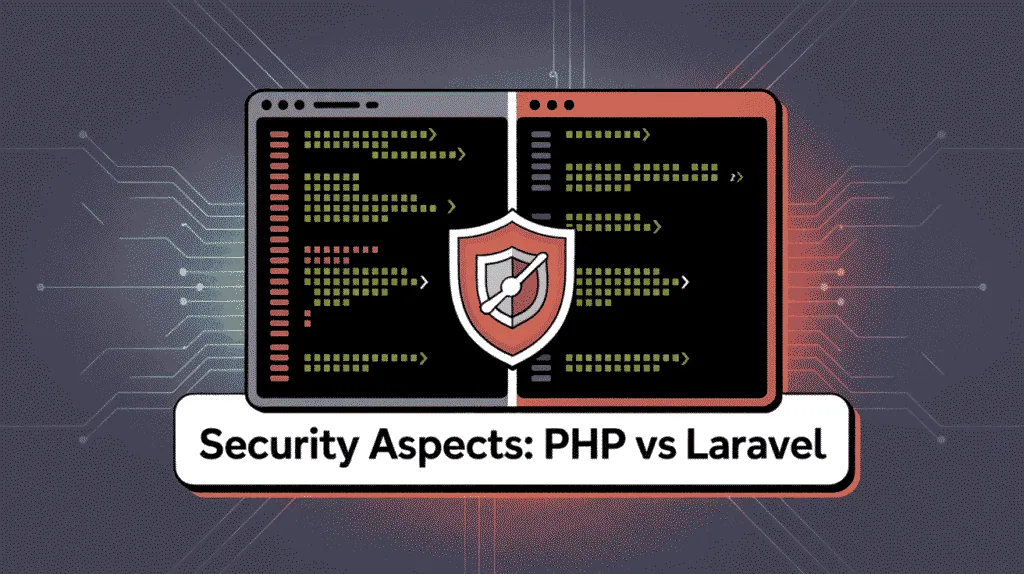
Raw PHP gives developers full control, but that also means you’re responsible for writing all security logic manually. From protecting against SQL injection and cross-site scripting (XSS) to managing CSRF tokens and input validation, everything needs to be coded from scratch. This increases the risk of mistakes or missed vulnerabilities, especially for less experienced developers.
Laravel, on the other hand, comes with strong built-in security features. It automatically protects against common threats like:
- SQL Injection (via Eloquent ORM)
- Cross-Site Scripting (XSS)
- Cross-Site Request Forgery (CSRF)
- Secure password hashing and user authentication
Laravel also makes it easy to validate user input and sanitize data, reducing the chances of security flaws in your application. For developers who want to focus on building features rather than manually patching security holes, Laravel is a safer and more efficient choice.
So when asking, Best PHP Framework? PHP or Laravel, Laravel clearly wins on security. In the PHP vs Laravel comparison, Laravel provides peace of mind with its built-in tools and industry-standard practices.
4. Scalability Options
As your project grows, it needs to handle more users, data, and features. That’s where scalability becomes crucial. So in the context of PHP vs Laravel, which one scales better?

Raw PHP can be scaled, but it requires a lot of manual effort. Since there’s no built-in structure or advanced tools, developers need to design the architecture from scratch. You’ll have to carefully manage performance, caching, database optimization, and load balancing on your own. It’s possible, but time-consuming and error-prone.
Laravel, on the other hand, is built with scalability in mind. It supports:
- Task queues for background processing
- Caching systems like Redis and Memcached
- Service containers for managing dependencies
- Database migrations and seeders
- Integration with cloud platforms like AWS or Laravel Vapor
Laravel also encourages modular development, making it easier to break down large applications into smaller, manageable parts. This makes Laravel a strong choice for projects that are expected to grow over time.
So if you’re asking, Best PHP Framework? PHP or Laravel, and your goal is to build something that can scale smoothly, Laravel stands out as the better option.
In the PHP vs Laravel debate, raw PHP may work for smaller apps, but Laravel provides the tools and architecture needed to support long-term growth and heavy traffic.
5. Use Cases :
Understanding where each option fits best is key when deciding between PHP vs Laravel. Both can be used to build web applications, but their ideal use cases differ depending on project complexity and goals.
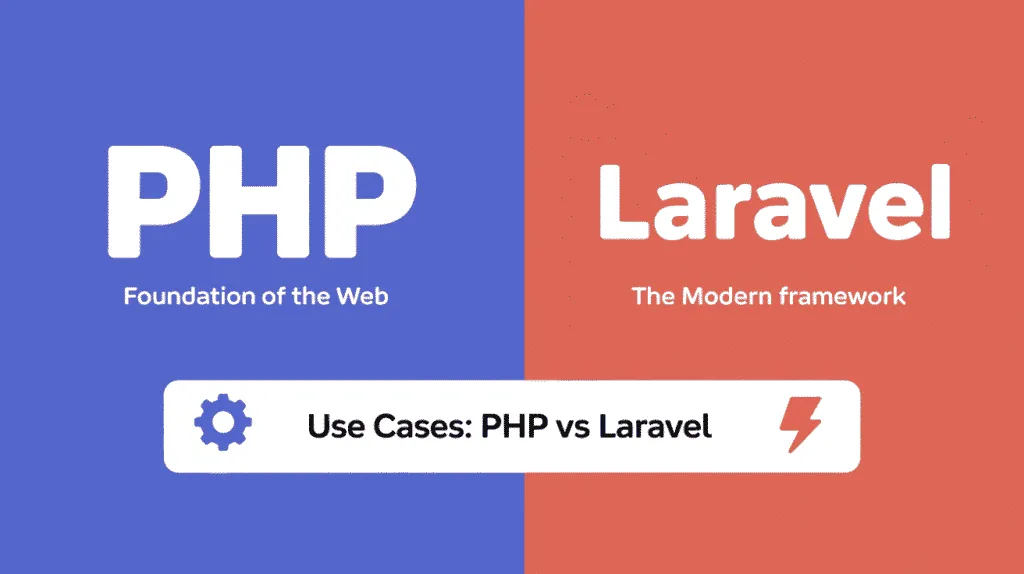
Raw PHP is best suited for:
- Simple websites and landing pages
- Basic scripts or tools (like form processors or contact forms)
- Projects where performance is critical and features are minimal
- CMS-driven sites like WordPress where custom PHP snippets are needed
- Developers who want full control without relying on external libraries
Laravel is ideal for:
- Full-featured web applications and platforms
- RESTful APIs and backend services
- E-commerce websites with multiple features and security requirements
- SaaS (Software as a Service) products
- Admin dashboards, CRMs, and large database-driven systems
Laravel offers built-in solutions for routing, authentication, validation, email, and database management—all things you’d need to build manually in raw PHP. So if your project requires these, Laravel helps save time and reduce technical debt.
In short, PHP vs Laravel depends on what you’re building. For quick, simple tasks, PHP gets the job done. But if you’re working on something modern and complex, Laravel is the smarter, more future-ready choice.
So again, Best PHP Framework? PHP or Laravel? For serious web apps with structure, features, and scalability in mind, Laravel is usually the answer.
6. Cost Considerations: PHP vs Laravel
When planning a web project, cost plays a major role in decision-making. In the PHP vs Laravel debate, both options have different cost factors based on project size, development time, and long-term maintenance.
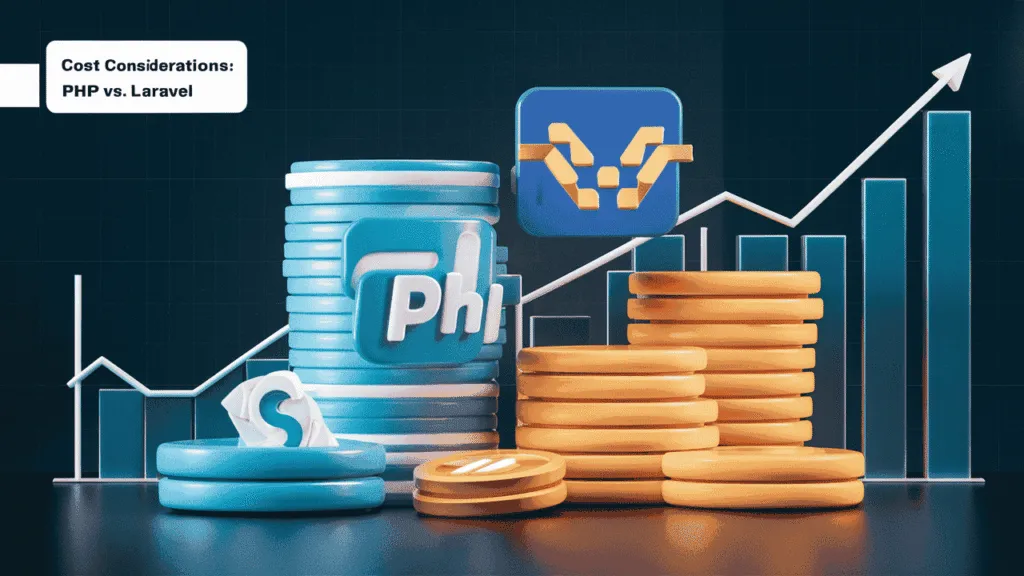
Raw PHP tends to have lower upfront costs. Since it’s lightweight and doesn’t rely on extra packages or systems, it can run on almost any shared hosting service, which is usually inexpensive. It’s a good choice for small projects or one-time builds with limited budgets. However, the time spent building features manually can increase development hours and long-term costs—especially when maintaining or upgrading the application.
Laravel might come with slightly higher initial setup and hosting requirements, especially for advanced features or cloud deployment. It may also need developers familiar with Laravel’s structure. But Laravel speeds up development significantly through built-in tools, reducing coding time and minimizing bugs. This leads to long-term savings in maintenance and updates.
Additionally, Laravel projects are generally easier to scale and modify, which means fewer costs when your business or platform grows.
So when considering Best PHP Framework? PHP or Laravel, Laravel may cost more to start—but pays off in the long run with faster development, better code structure, and lower maintenance needs.
In short, PHP vs Laravel from a cost perspective depends on your goals:
- Choose raw PHP for simple, budget-conscious websites.
- Choose Laravel for professional applications that need to grow, scale, and last.
Comparative Analysis Table: PHP vs Laravel
Certainly! Here’s a fresh and clear Comparative Analysis Table for PHP vs Laravel, different from what was previously covered, and highlighting practical differences across key criteria:
| Feature / Aspect | Raw PHP | Laravel Framework |
|---|---|---|
| Ease of Setup | Minimal setup, starts quickly | Requires Composer and environment setup |
| Learning Curve | Easier for beginners | Slightly steeper due to structure & tools |
| Project Structure | No default structure | Follows MVC pattern |
| Code Reusability | Limited, mostly manual | High, with reusable components & packages |
| Built-in Tools | Few, requires third-party solutions | Many (Artisan CLI, Eloquent, Blade, etc.) |
| Community Support | Very large and long-standing | Growing fast with strong Laravel ecosystem |
| Testing Support | No built-in support | Built-in PHPUnit integration |
| Template Engine | Uses basic PHP and HTML | Uses Blade templating engine |
| Routing System | Manual, custom-built | Simple and powerful routing included |
| Database Handling | Manual SQL queries or basic wrappers | Eloquent ORM for elegant database interaction |
| Error Handling | Manual error logging | Centralized and readable error management |
| Deployment | Lightweight, deploys anywhere | Requires environment compatibility |
| Best For | Small projects, quick fixes, scripts | Modern web apps, APIs, scalable systems |
Common Myths About PHP and Laravel
There are many opinions about PHP and Laravel, but not all of them are based on facts. Let’s break down some common myths in the ongoing PHP vs Laravel debate and help answer the question: Best PHP Framework? PHP or Laravel?
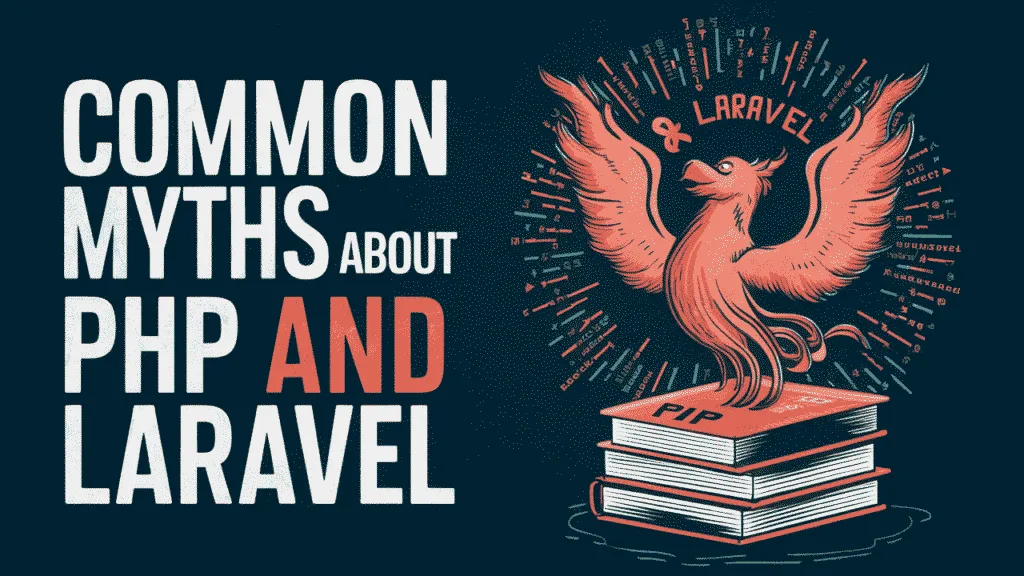
- 1. PHP Is Dead
- Myth: PHP is outdated and no longer used.
- Reality: PHP is still one of the most widely used programming languages for the web. Platforms like WordPress, Facebook, and Wikipedia continue to rely on it. With each update, PHP gets faster, more secure, and more powerful.
- 2. Laravel Is Too Heavy for Small Projects
- Myth: Laravel is only for big enterprise applications.
- Reality: Laravel can be used for both small and large projects. Its modular design allows developers to use only what they need, making it lightweight when configured properly.
- 3. Raw PHP Is Always Faster Than Laravel
- Myth: Laravel is slow because it has more features.
- Reality: While raw PHP may run slightly faster in very simple use cases, Laravel offers caching, optimization tools, and better structure, which can actually improve performance in complex apps.
- 4. PHP Can’t Be Used for Modern Applications
- Myth: PHP is only good for basic websites.
- Reality: PHP powers modern apps, APIs, and large-scale platforms. With frameworks like Laravel, PHP supports RESTful APIs, real-time features, queues, and more.
- 5. Laravel Replaces PHP
- Myth: Laravel is an alternative to PHP.
- Reality: Laravel is not a replacement for PHP—it’s a PHP framework. Laravel enhances PHP by providing structure, features, and tools to build better applications faster.
- 6. Laravel Is Hard to Learn
- Myth: Laravel is only for experienced developers.
- Reality: Laravel is beginner-friendly, with excellent documentation, tutorials, and community support. Once you learn the basics of PHP, Laravel makes development easier, not harder.
- 7. PHP Projects Can’t Scale
- Myth: PHP isn’t scalable for large applications.
- Reality: With the right architecture and tools (like Laravel), PHP can scale just as well as other backend technologies.
Clearing up these myths helps developers and businesses make better choices. So when thinking about PHP vs Laravel or asking Best PHP Framework? PHP or Laravel, it’s important to rely on facts—not assumptions.
🚀 Power Your Projects with the Best PHP Framework Hosting — Only at Owrbit!
Looking for smooth, reliable, and blazing-fast hosting for your PHP or Laravel projects? Whether you’re building with raw PHP or using a powerful framework like Laravel, Owrbit gives you the ultimate hosting environment designed for performance, security, and scalability.
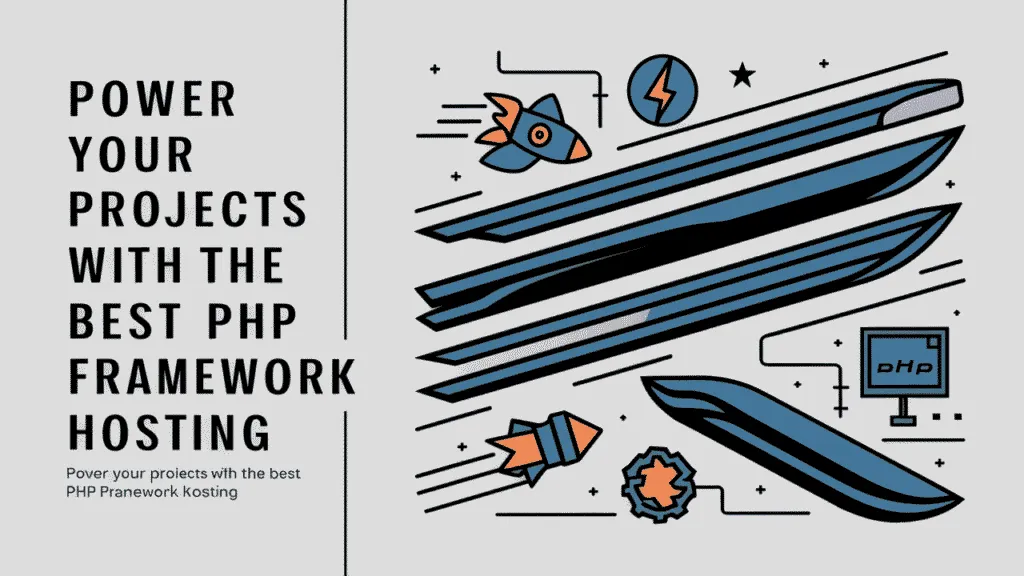
Why Choose Owrbit for PHP & Laravel Hosting?
When it comes to hosting your web applications, every second counts—and every feature matters. Owrbit brings you a hosting solution built specifically for PHP and Laravel, giving developers the power, speed, and reliability they need to succeed.
- ⚡ Blazing-Fast Performance
- Our servers are optimized for PHP vs Laravel applications with advanced caching, SSD storage, and ultra-low latency, ensuring your websites and apps load faster than ever.
- 🔄 Seamless Laravel Integration
- With one-click Laravel deployment, built-in Composer, and full support for Laravel Artisan commands, Owrbit is tailor-made for Laravel developers. No more manual setup—just launch and go.
- 🔧 Developer-Friendly Environment
- From SSH and Git access to staging environments and automatic backups, Owrbit gives you the tools you need for serious development—whether you’re using raw PHP or Laravel.
- 🛡️ Rock-Solid Security
- Enjoy peace of mind with free SSL, DDoS protection, secure firewalls, and regular patching—all managed by our expert team.
- 📈 Scalable for Any Project
- Whether you’re running a blog, a business site, or a full-stack application, Owrbit’s infrastructure scales effortlessly with your needs.
- 👨💻 24/7 Expert Support
- Have a question or issue? Our friendly support team—real developers, not bots—is available around the clock to help you troubleshoot or optimize your hosting.
- 💰 Affordable & Transparent Pricing
- No hidden fees, no surprises—just powerful hosting at prices that make sense for individuals, startups, and growing businesses.
Whether you’re comparing Best PHP Framework? PHP or Laravel, one thing’s clear: Owrbit is the best place to host both.
🛒 How to Get Started with Owrbit in 6 Easy Steps
Getting your PHP or Laravel project online with Owrbit is fast, easy, and hassle-free. Follow these 6 simple steps to launch your website or web application today:

- 1️⃣ Visit Owrbit.com
- Head over to Owrbit and explore our hosting plans built for PHP and Laravel developers.
- 2️⃣ Choose Your Hosting Plan
- Pick a plan that suits your needs—whether you’re starting small or scaling big. All plans are optimized for PHP vs Laravel projects.
- 3️⃣ Sign Up & Create Your Account
- Quick registration with just a few clicks. No complicated setup or long forms!
- 4️⃣ Select Your Framework
- Choose to install Laravel or raw PHP with one click. Our installer sets everything up automatically.
- 5️⃣ Deploy Your Project
- Upload your code, connect your database, and make any final tweaks using our user-friendly dashboard.
- 6️⃣ Go Live! 🌐
- Your site or app is now live, secure, and blazing-fast—powered by Owrbit!
With Owrbit, launching your PHP vs Laravel project is faster, easier, and more powerful than ever.
🛒 Get Started Now – Your perfect PHP or Laravel hosting is just a few clicks away!
Final Verdict: Choosing the Right PHP Framework
In the fast-moving world of web development, selecting the right tool can shape the future of your project. When it comes to PHP vs Laravel, both options offer solid benefits—but they serve different purposes.
If you’re building a simple website or a small tool and want complete control, raw PHP can be a fast and cost-effective option. However, if you’re aiming to develop a modern, scalable, and secure web application with better speed and structure, Laravel clearly stands out.
Laravel not only enhances PHP with powerful tools and features, but it also makes the development process faster, more secure, and easier to manage. From performance and scalability to community support and long-term maintainability, Laravel consistently proves its value.
So, Best PHP Framework? PHP or Laravel?
For future-ready web development in 2025 and beyond, Laravel is the smart choice—especially if you want to build apps that grow and evolve.
Whether you’re a beginner or an experienced developer, understanding the real differences in the PHP vs Laravel comparison will help you choose wisely and build successfully.
Checkout How Much Does it Cost to Build a Website in India in 2025?
Discover more from Owrbit
Subscribe to get the latest posts sent to your email.

